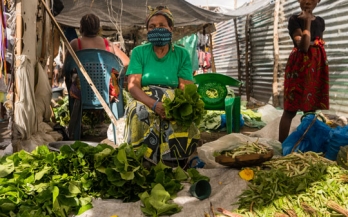


Driving global youth action for climate adaptation in food systems
Milan, Italy, Global
The event is intended for youth from all around the globe to participate and engage in efforts and movements around food security under a changing climate. The event also aims to create awareness of the Pledge initiative - a youth-led promise galvanising action to defeat hunger, improve health and heal the planet.
USAID and Eleanor Crook Foundation announce support for GAIN -Incofin Nutritious Foods Financing Facility
USAID, through Feed the Future, and the Eleanor Crook Foundation (ECF) have announced their intention to support the establishment of the Nutritious Foods Financing Facility (N3F), a first of its kind investment fund that will bolster these critical SMEs and promote well-nourished communities in Sub-Saharan Africa.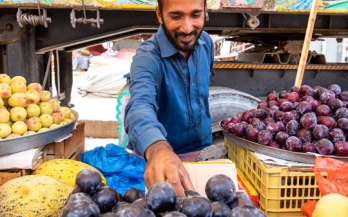
Rigorous monitoring is necessary to guide food system transformation in the countdown to 2030 global goals and beyond
Online Webinar, Global
This is a side event to the United Nations Food Systems Summit (taking place on September 23, 2021). This session will feature some of the co-authors of a forthcoming call for a rigorous, science-based monitoring framework to track food systems and their transformation.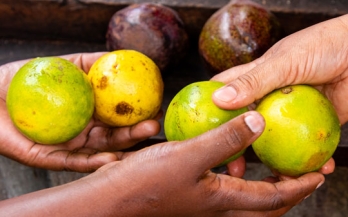
GAIN commitments to transform food systems
Submission to the UN Food Systems Summit (UN FSS) Commitment Registry – Global Alliance for Improved Nutrition (GAIN). The United Nations Food Systems Summit (UN FSS), taking place on September 23, 2021, marks a key milestone on the journey towards food systems transformation to achieve the Sustainable Development Goals by 2030.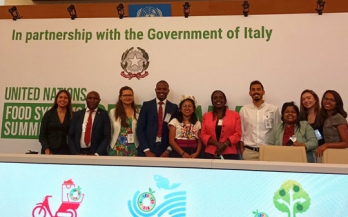
70,000 young people mobilise to offer solutions to transform life-threatening food systems
UPDATE: Since publication the number has now risen to 100,000. Alarm bells are ringing – set by 70,000 young people and allies around the world, distressed by the state of current food systems, which are letting the planet, current, and future generations down.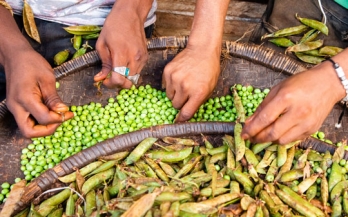
The UN Food Systems Summit: Changing the Food Landscape for Good on 23rd September?
After a year of planning, the UN Food Systems Summit is just days away. A catalyst for an extraordinary outpouring of energy and creativity over these past 12 months - hundreds of thousands of people from governments, civil society, business, and development agencies have participated in the preparations.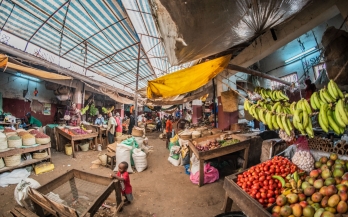
Outcomes from the 2021 UN Food Systems Summit; What it means for Africa’s Nutrition Stability
Online Webinar, Global
Nutrition Conversations Africa (NCAfrica) is an advocacy platform aimed at illuminating African nutritional challenges and opportunities, transformative ideas and game-changing solutions through continuous conversations, call to action, advocacy support and engagement to curb malnutrition in Africa.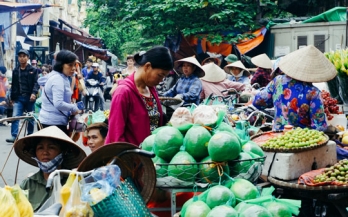
Call for a united front as global health takes a stake in the upcoming UN Food Systems Summit
This is the message in an article published in the Lancet online, where leaders from the Johns Hopkins University, the Global Alliance for Improved Nutrition (GAIN), and the Food and Agriculture Organization of the United Nations (FAO), have joined forces in expressing a strong call to action for food and health communities to work together.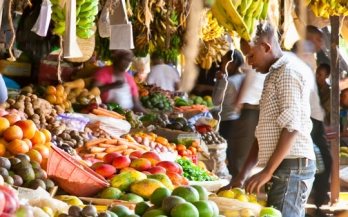
The Zero Hunger Private Sector Pledge Launch Event
Online Webinar, Global
We are launching The Zero Hunger, Nourish the Future Pledge for the private sector on Tuesday, September 21. This is a unique opportunity for companies and investment funds to align their investments with new evidence and commitments by donors, governments, and global institutions to end hunger and nourish the future by 2030.